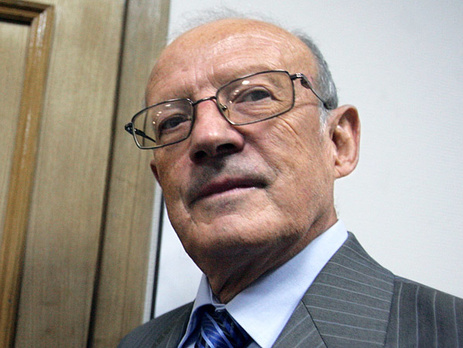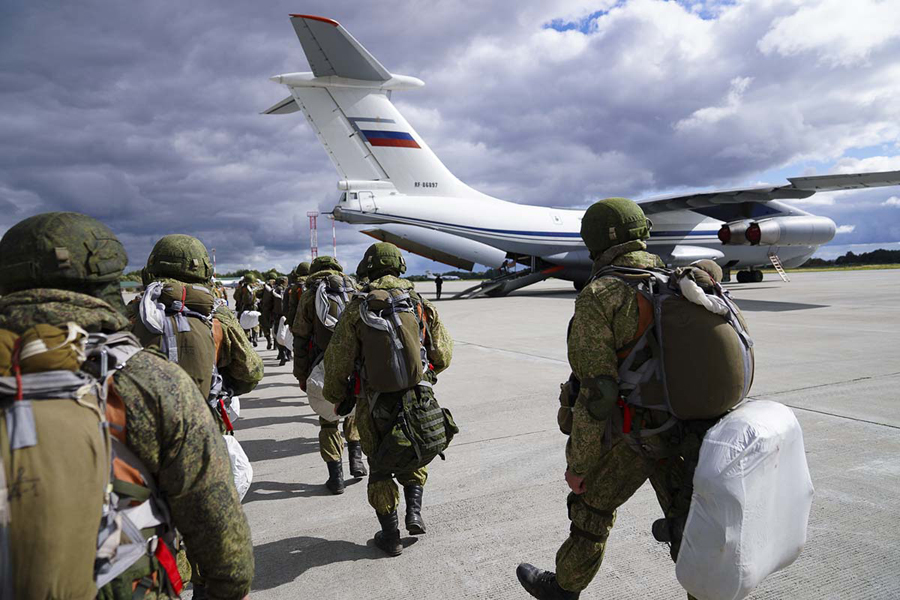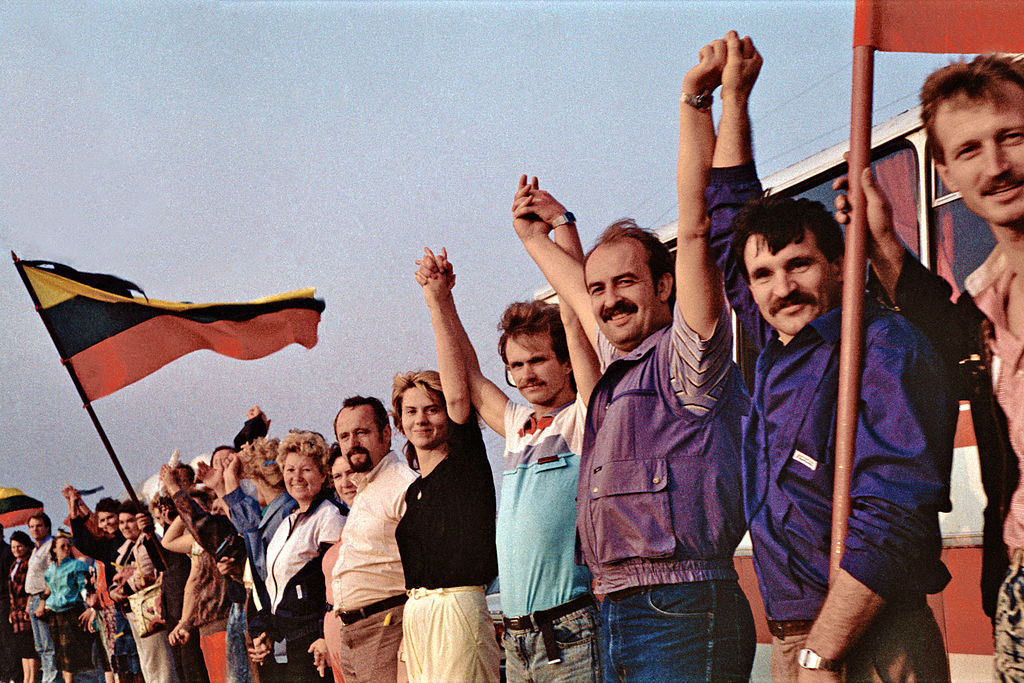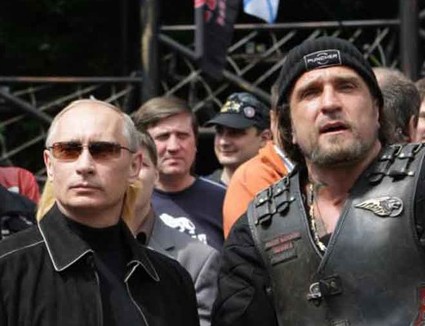Vladimir Putin believes that he can dominate the Baltic countries and destroy NATO not by a direct invasion which the Western alliance is prepared to counter but rather by threatening to use nuclear weapons against them and the Europeans, something that would lead the West not to come to their aid, according to Andrey Piontkovsky.
“But the West has not fallen victim to this blackmail,” the Russian analyst argues, “because the Baltic countries are NATO members and if they are not provided with assistance, this would mean the defeat not only of the NATO alliance but of the West as a whole.”
That difference in perception between the Kremlin and the West is so large that Moscow’s ongoing “hybrid war” against the West in Estonia, Latvia and Lithuania that the stakes there are even higher than they have been in Ukraine and that a full-scale war between Russia and the West is now possible, Piontkovsky suggests.
The arrival of American tanks in Poland and the Baltic countries has a direct relation to “what is happening today on the Ukrainian-Russian border,” he says, but “there is here a broader aspect of the hybrid war which Moscow has declared against the West. The most important element of that conflict is nuclear blackmail” which Moscow has tried to use over the last year.
Putin and his entourage have repeatedly spoken about reducing the Baltic countries, Germany and France to nuclear rubble and say that “they will use nuclear arms” if the West offers Ukraine arms. But such threats are about far more than just Ukraine and its ability to get lethal arms from the West.
“A hybrid war against Lithuania, Latvia and Estonia is being carried out quite intensively already,” he points out, and includes “provocations with planes, the abduction of an Estonian officer, and propaganda about [Moscow’s] concern for the complex situation of Russian speaking citizens” of those three countries.
But Putin has no interest in the territory of the Baltic states, just as he has no interest in the territory of Ukraine as such. Instead, what he has done in the case of Ukraine is to implant “a cancerous tumor within Ukraine” and what he wants to do in the case of the Baltics is “to destroy NATO.”
What after all is NATO? A defense alliance whose Article 5 requires that all members come to the defense of any one of them which is attacked. “And when ‘the little green men’ appear in Estonia and Latvia,” Piontkovsky says, “the NATO countries and the US as its main core will be obligated to provide military assistance.”
So far, NATO hasn’t been, and the decision to put some 100 American troops in Estonia matters, not because they constitute a defense force in and of themselves but because of their “enormous psychological and political meaning.” Now, when Putin’s “’little green men’ appear in Narva, Americans will automatically go to war with Russia.”
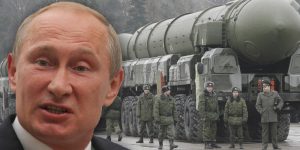 In short and at least for now, Putin’s nuclear blackmail has not worked, but the thinking behind it means that the next round of his hybrid war against the West may be far more dangerous than earlier ones in Georgia and Ukraine.
In short and at least for now, Putin’s nuclear blackmail has not worked, but the thinking behind it means that the next round of his hybrid war against the West may be far more dangerous than earlier ones in Georgia and Ukraine.
According to Piontkovsky, the Kremlin “has still not taken a decision about further attacks in Ukraine, but if that happens,” he says, “then the reaction of the West will be unambiguous: new sanctions will be imposed and Ukraine will receive arms.” That is restraining Moscow now, but it is unclear for how long.
That is because, the Russian analyst says, “we cannot look into the head of someone of whom [German Chancellor Angela] Merkel said that he lives in another reality. Nevertheless, if such a decision will be taken, it will only accelerate the final days of the Putin regime.”

